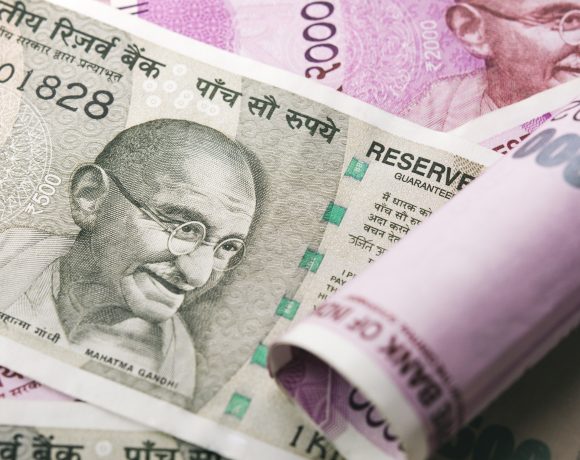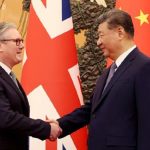
Centre Advises States, Ministries Against Direct Engagement with International Financial Institutions
The Central Government has issued a directive cautioning state governments and various ministries against engaging directly with International Financial Institutions (IFIs) such as the World Bank. The advisory emphasizes that all communications, negotiations, and project proposals involving IFIs must be routed through the Department of Economic Affairs (DEA) to maintain a cohesive national approach.
This measure is intended to prevent fragmented communication and ensure that India presents a unified stance in its dealings with international financial bodies. According to the directive, direct engagement by states or departments with IFIs could lead to inconsistencies in commitments, duplication of efforts, and possible contradictions with national economic policies. Centralizing interactions through the DEA is seen as essential to protect India’s strategic and financial interests.
The DEA, functioning under the Ministry of Finance, is the designated authority for coordinating with external funding agencies. It is responsible for ensuring that projects seeking international funding are aligned with India’s overall economic objectives and fiscal strategies. Any proposal not routed through the DEA, the advisory notes, risks bypassing vital due diligence, and may result in conflicts between national and sub-national priorities.
The advisory also highlights the importance of adhering to protocol, especially when dealing with sovereign guarantees, loan terms, or technical assistance that could have long-term economic implications. States and ministries have been reminded that engaging without DEA oversight could lead to unauthorized financial obligations or legal complications in international forums.
This directive aims to reinforce accountability and enhance transparency in all financial dealings with global institutions. It further ensures that India’s negotiations and partnerships with IFIs are strategically sound, economically beneficial, and consistent with national policy frameworks. The government believes this move will strengthen India’s economic diplomacy and safeguard its interests in multilateral financial negotiations.


















